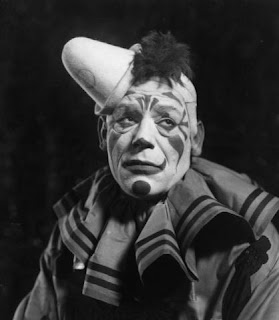Extraordinary Discourse 292
NSFW
Following one of Jacques Derrida’s early questions — namely, How is writing involved in speech? — this essay reconsiders the role of the tongue and the sense of taste in the oral phenomena of speaking and saying. The contact the tongue makes with the mouth or teeth is just as much a materialization of language as what is commonly called “writing.” The tongue acts as a pen and the mouth, as a blank page (or palimpsest). Mouthed writing is accompanied by sense experiences. There are various selftastes to the tastes of speaking, the tastes of words, or, even, the tastes of thoughts.
...
The auto-affection of tasting-oneself-speakwriting is offered as an alternative to the metaphysical presumptions Derrida implicates in Husserl’s understanding of speech based on the auto-affection of hearing-oneself-speak. As such, writing (haunted by the trace of death) and speech (invested with living- presence) is now confronted with the selftastes of speakwriting with one’s stylangue [stylo + langue] in and on the mouth as the scene of writing (ever accompanied by tastes of life-death).
Speech & Oral Phenomena: Tastetexts, Memory, & the Mouth as the Scene of Writing (Or, the Telepathology of Everyday Life-Death)
Virgil W. Brower


Comments
Post a Comment